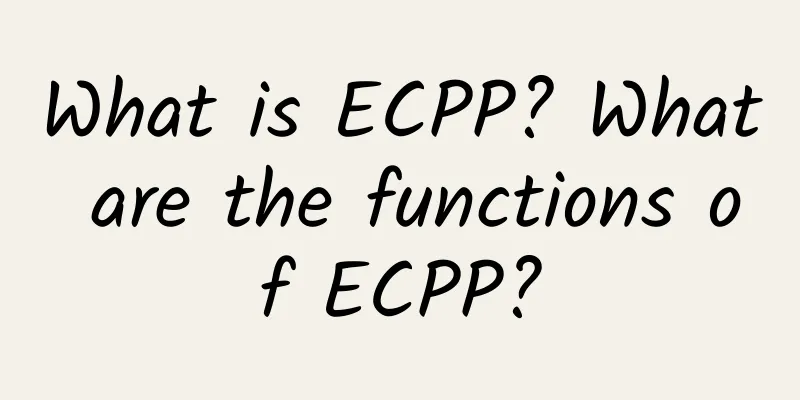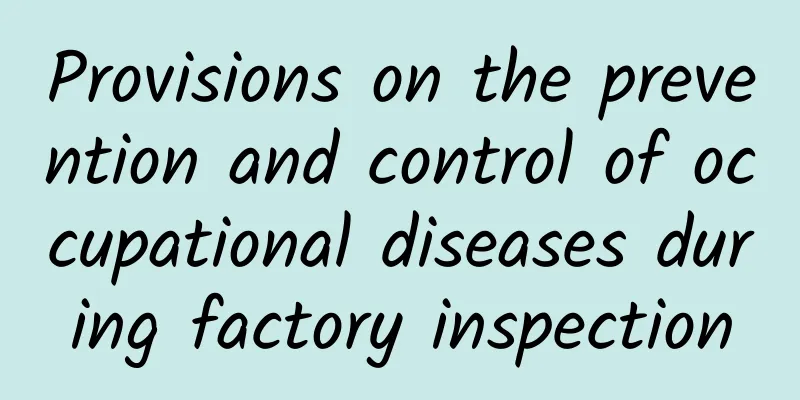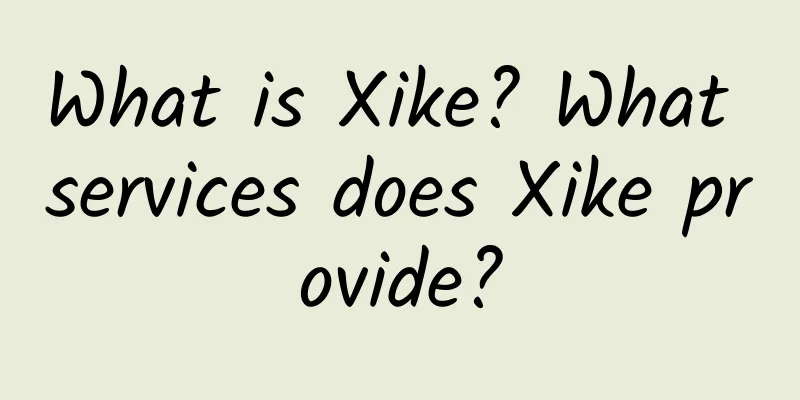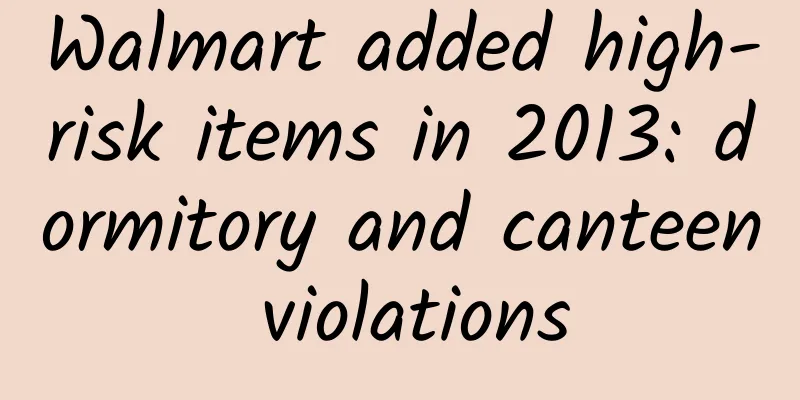PepsiCo announces new global corporate social responsibility goals
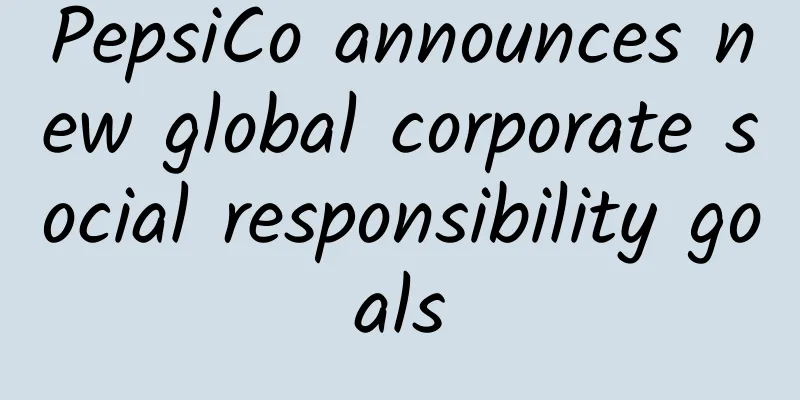
|
PepsiCo (NYSE: PEP), the world's second-largest food and beverage company, announced new global corporate social responsibility goals for nutrition, environment and workplace at its investor conference on the 22nd. To encourage people to live healthier lives while meeting consumer expectations for healthier, tastier products, PepsiCo is committed to achieving industry-leading nutrition goals, including: Increase the proportion of products made from whole grains, fruits, vegetables, nuts, seeds and low-fat dairy products in the product portfolio Achieve a 25% reduction in average sodium content per unit of major global food products in key markets by 2015 Achieve a 15% reduction in average saturated fat content per unit of major food products in key markets by 2020 Achieve a 25% reduction in average added sugar content per unit of major beverage products in key markets globally by 2020 "We believe a healthier future for people and the planet means a more successful future for PepsiCo," said Indra Nooyi, chairman and CEO of PepsiCo. "These commitments run through all of our businesses and reflect our focus on profitable long-term growth. They will guide us as we continue to deliver more delicious, healthier products to consumers around the world." In 2008, ten major global food and beverage companies jointly signed the "Global Strategic Action Commitment on Diet, Physical Activity and Health" and submitted it to the World Health Organization. PepsiCo is one of the ten companies. The global goals launched by PepsiCo this time are concrete actions of the commitment made to the World Health Organization. Here are some examples of PepsiCo's commitments: Human Sustainability / Health and Wellness Before 2012, energy values and key nutritional information were required to be displayed on food and beverage packaging. Stop direct sales of full-sugar soft drinks to primary and secondary schools around the world by 2012 Increase PepsiCo Foundation and PepsiCo corporate giving programs to promote healthier communities, including programs to improve diets and increase physical activity Invest in business development and product development to increase access to affordable, nutritious products for disadvantaged and low-income groups Environmental Sustainability Provide safe drinking water to three million people in developing countries by the end of 2015 Reduce packaging weight by 350 million pounds by 2012, thereby avoiding 1 billion pounds of landfill waste Committed to eliminating all landfill solid waste generated by PepsiCo production facilities Committed to reducing greenhouse gas emissions from our operations globally Sustainable development of talents Ensure workplace safety by continually reducing lost time injury rates and strive to improve other occupational health and safety standards through best practices Providing workplace wellness programs around the world to encourage employees to lead healthier lives Matching eligible employee charitable donations through the PepsiCo Foundation |
>>: Sainsbury's Factory Audit Questionnaire
Recommend
Primark-Liqi-Quality---Metal Management
Primark-Quality-Tool---Metal Management Developin...
Indiegogo - One of the First Crowdfunding Sites
What is Indiegogo? Indiegogo is one of the first ...
How is VAT registered for Xingzhetong? Steps to register VAT for Xingzhetong
How about VAT for Xingzhetong? Efficient VAT Conv...
What is Google Webmaster? What functions does Google Webmaster have?
If you want to see how the latest website ranks, ...
Questions about BSCI certification
Q: What is the scope of BSCI certification audit?...
What is FDA certification? What is CE certification?
As the overseas epidemic intensifies, masks, gogg...
What is Iconosquare? What are the features of Iconosquare?
What is Iconosquare? Iconosquare is a powerful In...
How is FJT? What services does FJT provide?
How about FITENGDA? Beijing Feijietengda (FJTD) i...
Necessity of implementing ISO 9001 in the service industry
Necessity of implementing ISO 9001 in the service...
Best eBay Selling Tips
Many sellers who have just started operating on e...
EUROPEAN FLAX European hemp certification application process
1. What is European Flax? UROPEANFLAX; _High qual...
What is Google Authenticator? How is Google Authenticator implemented?
What is Google Authenticator? Google Authenticato...
What is Paipai Freight? What services does Paipai Freight provide?
What is the Paipai freight rate? Paipai Freight i...
How to quickly and accurately query the city and zip code of foreign customers' addresses?
I believe that students who do foreign trade ofte...
What is Refundlabs? What are the advantages of Refundlabs?
What is Refundlabs? Suntech Network Technology (B...
